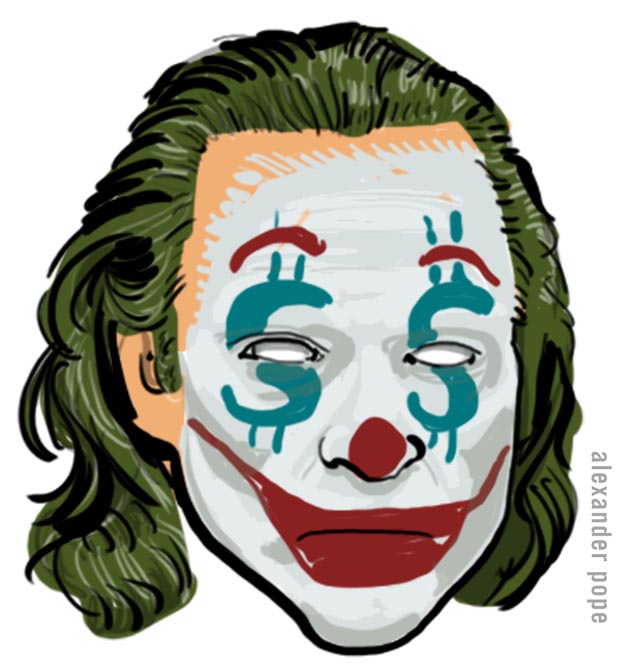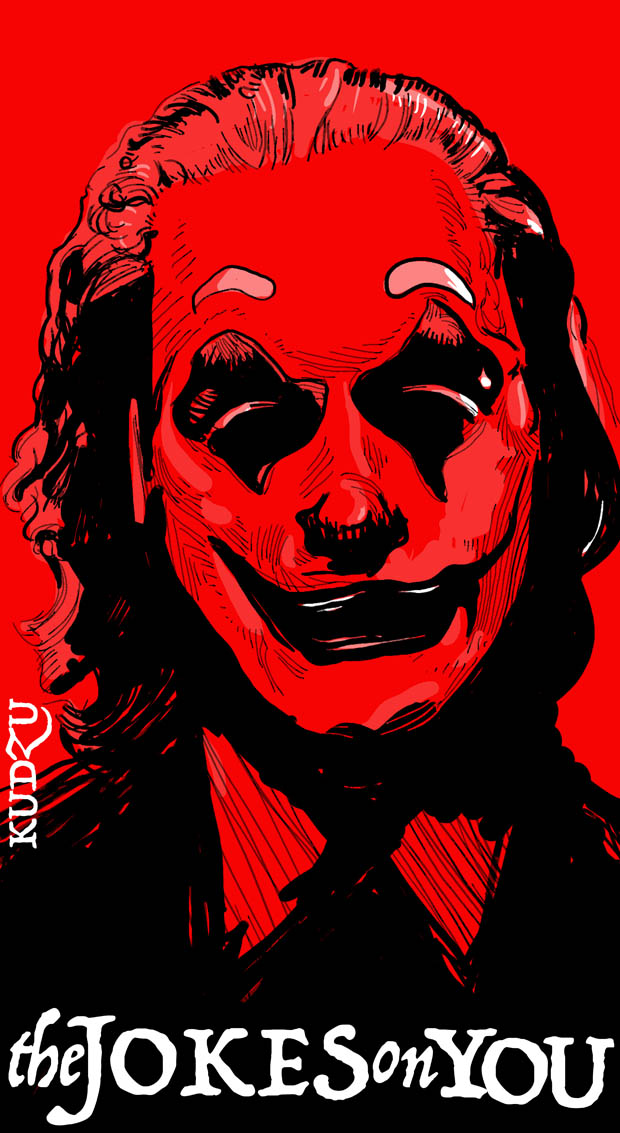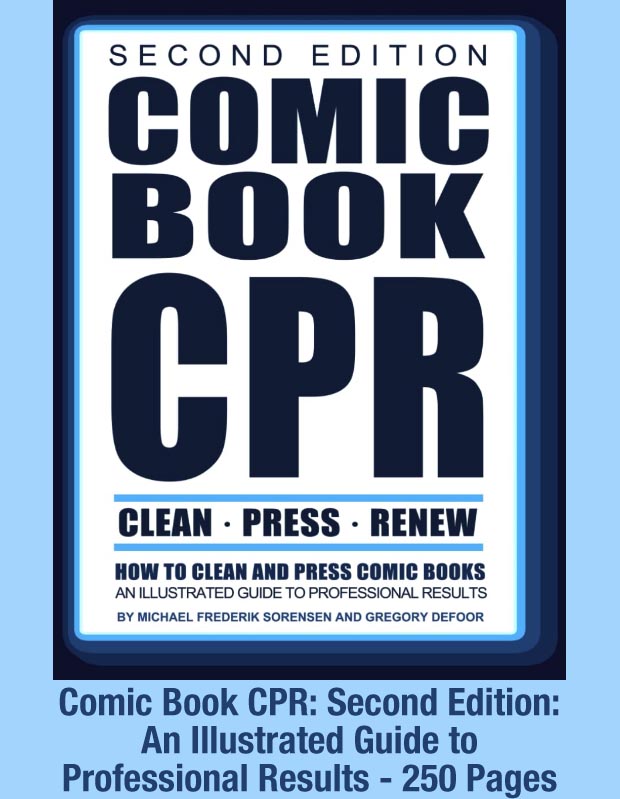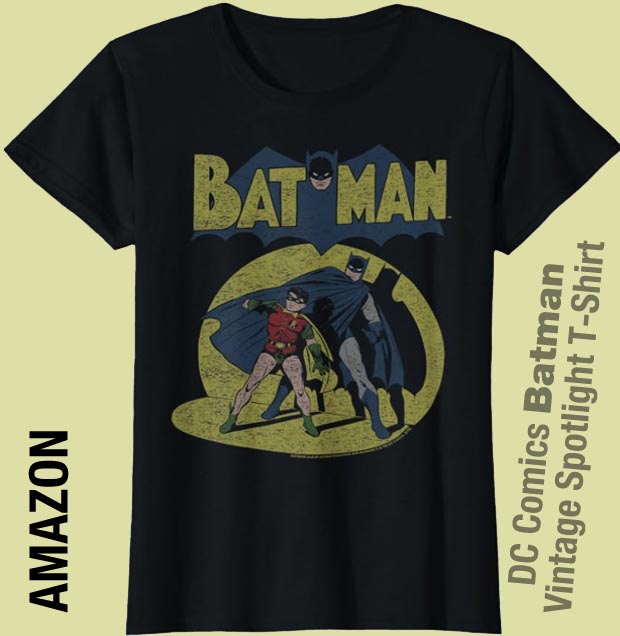Joker
Joker's intelligent underpinnings
With the complete absence of The Dark Knight,* Joaquin Phoenix eclipses previous cinematic and TV versions of the Joker by portraying the green-haired killer as something more than just a madman with an evil chuckle and bloodlust. To put it into historical context, though Phoenix builds on what we've already seen before in older films (and without Cesare Romero and the rest, the 2019 Joker isn't visually possible), this new movie offers something quite different. While the film can't help but marshal pieces of earlier Jokers all the way back to Jerry Robinson's original work with Bob Kane and Bill Finger,** this intricate tale of Arthur Fleck goes well beyond DC's earlier versions which often dwelled more on the crime world associations*** instead of the mental health issues.

A crumbling psyche kept contained by medication and an overworked social worker who he visits weekly, Arthur Fleck descends into madness as he passes through Bernard Goetz-like baptisms of street violence and urban terror. His life is lived with his mother on the edges of economic destitution in what looks like government-housing, and when his medication is cut off because the program he is within has lost its funding, Fleck's question "where am I going to get my meds?" goes unanswered. It is the rest of the film that tells us what Phoenix and Todd Phillips' answer is.
In Joker, Gotham City is a dangerous place and seems on the verge of its own nervous breakdown, which mirrors Fleck, and that might seem like the springboard for the coming of Batman****, but instead the pressure contributes to Fleck coming up with his own solution.
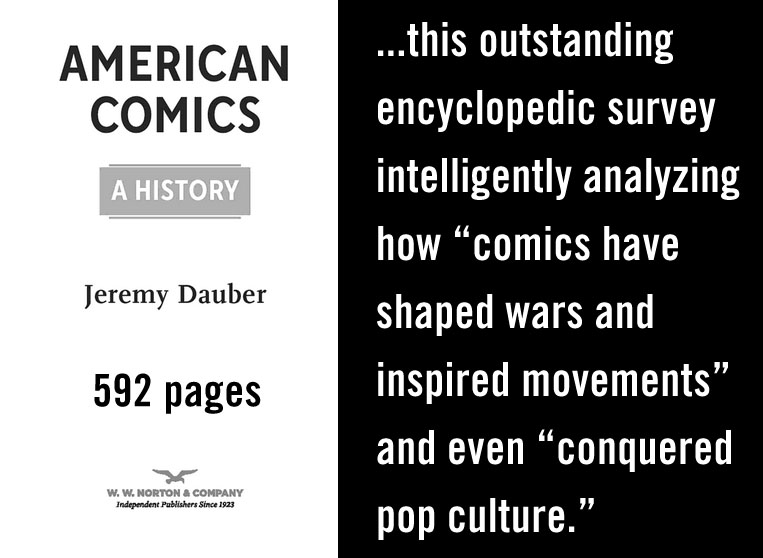
A lot of irony and cross-referencing within the story itself makes the script (by Todd Phillips and Scott Silver) an intelligent look at several different ideas. One is that as crazy as Fleck is, he retains the moral ability to make decisions (for example, choosing to kill one clown in a room, but releasing the other). But the loss of pharmaceutical restraints takes us into a survey of not just Fleck "off his meds," but to a whole crowd of imitator clowns rampaging in downtown Gotham, we can realize that when the program aiding the needy and crazy was closed down, it helped create not just Fleck, but his army of mad, violent admirers.
While the cityscape of Joker is reminiscent of other films that featured urban wastelands, there is irony in Todd Phillips' movie by way of the jokey advertising and movie titles that populate the background visuals, with gags and commentary made via films featuring a disparate crew, from George Hamilton's Zorro the Gay Blade, to Billy Wilder's Ace in the Hole, and the DePalma and John Travolta Blow Up.
In many ways, Director Phillips has made Joker into a sort-of-anti-Marvel movie (and anti-DCU, generally speaking) by making the Joker interesting enough that the tale doesn't need Batman (though it does have a kid Bruce Wayne) and doesn't offer any sense that superheroes exist at all. This paradoxical enlargement of the form is desperately needed as superhero movies find themselves stuck in a pattern of trying to up their game simply by packing in more super beings.
In another departure from superhero movie form, we're usually bombarded with a batch of pop tunes that are used to try and drive home an impression about a character or to unearth some nostalgic feeling by way of old, popular music*****. Joker on the other hand fields an audio arsenal of show tunes that predates the entire era of Marvel movie sound tracks, which is faithful to the historical timing of Joker's telling (1981 or so), and has little market value in flogging for a sound track ancillary income source. In stead, besides jokey irony, the music choices make us experience, in a small way, the link of clowns to show business history. The only modern rock-and-roll pop tune I heard in the film was Cream's White Room coming through the speakers and dominating the movie briefly in the manner done in Marvel (and some DC) films, but this exception in Joker isn't arbitrary but instead a helpful reference to an earlier scene when Fleck emptied his refrigerator and climbed inside and closed the door, and this positioning of the Cream tune over a riot lets us know that earlier Fleck was plotting his next move, i.e., inside his "white room."
Another feature of the storytelling style in Joker is the delusion and illusion playing a part in showing us the story, and in the experience of the main character, often at the same time.
The questions that were in Nolan's version of the character (as portrayed by Heath Ledger in The Dark Knight) come into play in Joker. We hear stories and explanations about how this madman has arrived at such a dire impasse of homicidal motivation, but as we gain more information we are left wondering what is the truth, since the stories contradict as they pile up, and who Arthur Fleck really is becomes more tenuous, matching the breakdown of the man as his life and self-control fragments.
Joker is an improvement over past superhero film efforts in general, and its success may open up the doors to allow more straying from formula to ultimately produce better comic book films.
FOOTNOTES
* Before Joker came out, there seemed to be some nervous hedging on whether the film was really part of the "DC universe," but now that its done a billion dollars in ticket sales, it's safe to say the arms-length treatment has been dropped - the question now is whether Todd Phillips' movie portrayal will obliterate all of the previous versions.
** Joker also helps itself to elements from Frank Miller's The Dark Knight Returns and much more so Alan Moore's The Killing Joke, though neither is utilized enough to make Joker anything like an adaptation.
*** Some versions of Joker are so wrapped up with the machinery of running his gang and pulling off some caper that the makeup and hair seems more like branding effort instead of a statement of deranged aptitude.
**** Nothing shows how comic books and pop music are companion art forms like how they can partner together in superhero movies, both being shorthand art forms for other, longer and more developed expressions. Like little compressed packages of information, a pop tune, like a comic book, is far more effective in short bursts than in longer form. And yes, of course, there are exceptions.
***** As far as Batman hagiography goes, all we get is another alleyway scene, late in the film, where a pearl-grabbing killer shoots down Bruce's parents, a scene replayed in all the previous Batman movies and thankfully just a short aside here. Peter Parker's Uncle Ben gets killed in Spider-Man reboots and has become a bit of a joke, and the murder of Bruce Wayne's parents has steered into that same lane of overuse.
Joker #1 Box office
More Joker
The Joker Movie Log
Comic Book Movies
The Coming Comic Book Movies 2025-2026
Top Earning Comic Book Superhero Movies
Screen Reviews
Thunderbolted - 2025 - what's wrong with this movie?
Review of Daredevil Born Again
Captain America: Brave New World
Short Review: She-Hulk, Attorney-at-Law
Fast review: Dungeons and Dragons: Honor Among Thieves
Dungeons and Dragons Honor Among Thieves – a Film with antecedents – Harry Potter plus Guardians of the Galaxy plus Lord of the Rings, etc.
Fast review: Dungeons and Dragons: Honor Among Thieves
Dungeons and Dragons Honor Among Thieves – a Film with antecedents – Harry Potter plus Guardians of the Galaxy plus Lord of the Rings, etc.
Original page September 2019
